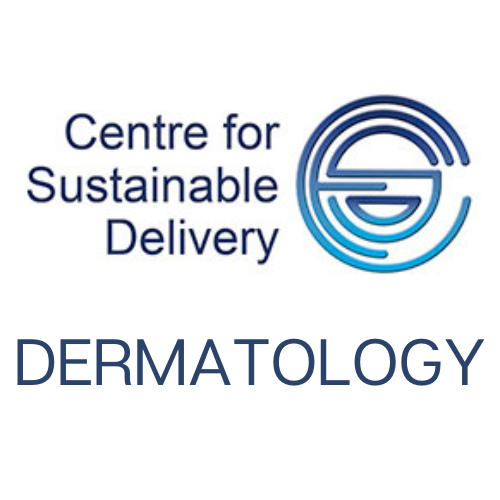Low-risk: Factors relating to low-risk tumours - Diameter <2cm; Slow growing with a keratotic surface and regular features
Refer via urgent suspicion of cancer (USOC)
High-risk - Factors relating to high-risk tumours: Diameter 2-4cm; Rapidly growing with less keratin production and irregular features; Location on ear or lip; Tumour arising within scar or area of chronic inflammation; Immunosuppression
Refer via USOC
Very High-risk - Factors relating to very high-risk tumours: Diameter >4cm; Organ transplant recipients; Haematological malignancies
Refer via USOC
